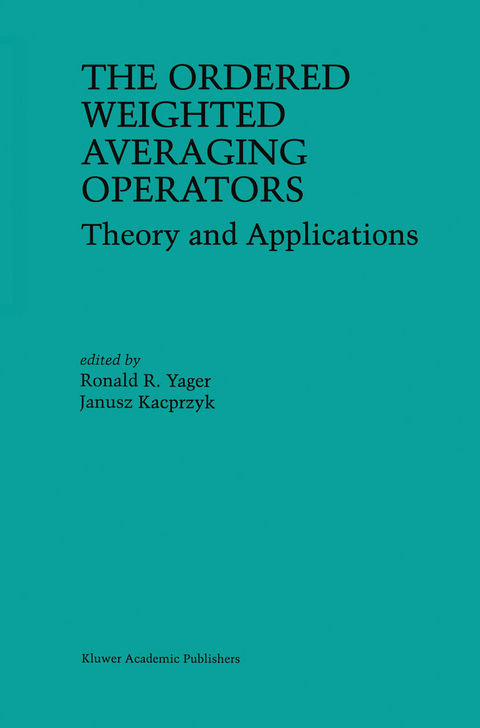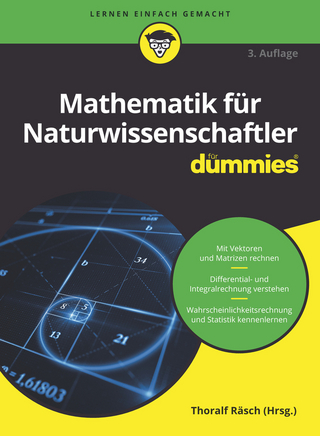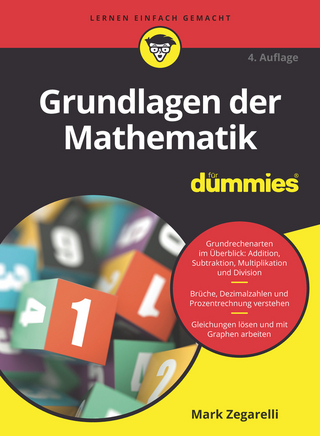
The Ordered Weighted Averaging Operators
Springer (Verlag)
978-0-7923-9934-6 (ISBN)
1. Basic Issues in Aggregation.- Kolmogorov’ s theorem and its impact on soft computing.- Possibility and necessity in weighted aggregation.- OWA operators and an extension of the contrast model.- Equivalence of changes in proportions at crossroads of mathematical theories.- 2. Fundamental Aspects of OWA Operators.- On the inclusion of importances in OWA aggregation.- On the linguistic OWA operator and extensions.- Alternative representations of OWA operators.- 3. Mathematical Issues and OWA Operators.- Useful tools for aggregation procedures: some consequences and applications of Strossen ’s measurable Hahn-Banach theorem.- OWA specificity.- Ordered continuous means and information.- 4. OWA Operators in Decision Analysis.- OWA operators in decision making with uncertainty and nonnumeric payoffs.- On the role of immediate probability in various decision making models.- Risk management using fuzzy logic and genetic algorithms.- OWA operators for doctoral student selection problem.- 5. OWA Operators in Multicriteria and Multiperson Decision Making.- Beyond min aggregation in multicriteria decision: (ordered) weighted mean, discri-min, leximin.- OWA operators in group decision making and consensus reaching under fuzzy preferences and fuzzy majority.- Applications of the linguistic OWA operators in group decision making.- Aggregation rules in committee procedures.- 6. OWA Operators in Querying and Information Retrieval.- Quantified statements and some interpretations for the OWA operators.- Using OWA operators in flexible query processing.- Application of OWA operatrors to soften information retrieval systems.- Implementation of OWA operators in fuzzy querying for Microsoft Access.- 7. OWA Operators in Learning and Classification.- OWA-based computing: learningalgorithms.- OWA operators in machine learning from imperfect examples.- An application of OWA operators to the aggregation of multiple classification decisions.
| Erscheint lt. Verlag | 31.5.1997 |
|---|---|
| Zusatzinfo | X, 347 p. |
| Verlagsort | Dordrecht |
| Sprache | englisch |
| Maße | 155 x 235 mm |
| Themenwelt | Mathematik / Informatik ► Mathematik ► Allgemeines / Lexika |
| Mathematik / Informatik ► Mathematik ► Angewandte Mathematik | |
| ISBN-10 | 0-7923-9934-X / 079239934X |
| ISBN-13 | 978-0-7923-9934-6 / 9780792399346 |
| Zustand | Neuware |
| Haben Sie eine Frage zum Produkt? |
aus dem Bereich


